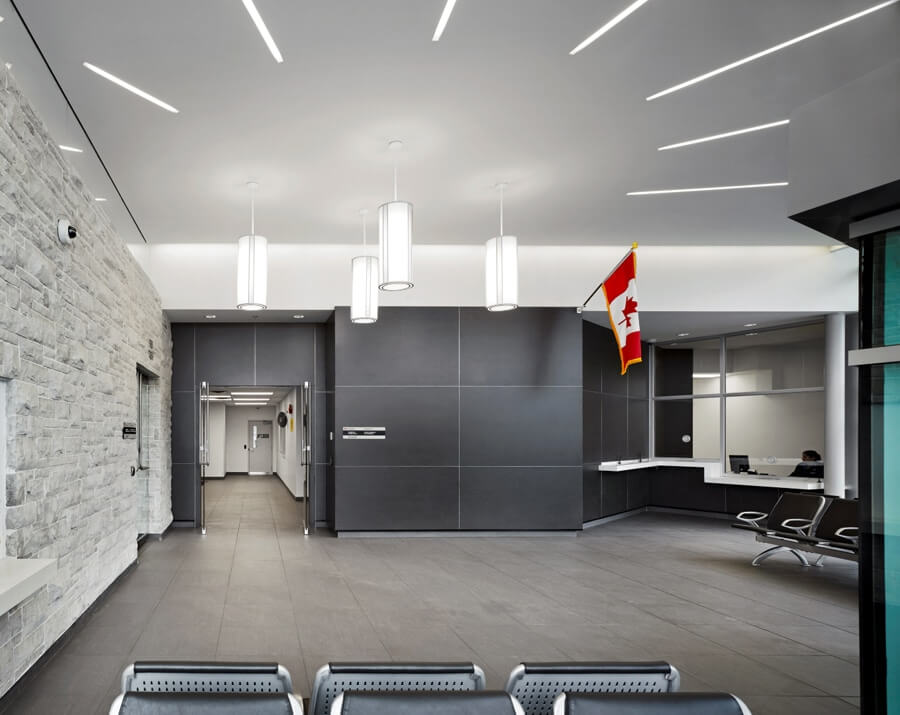Inadmissibility and Detention
Admissibility Hearing
Process

Admissibility Hearing
Process

An admissibility hearing can be held by an officer who is a Minister’s Delegate, or by the Immigration Division of the Immigration Refugee Board. The choice between these venues is determined by the type, and degree of complexity of the allegation. More complex allegations are heard a the Immigration Division, and less serious allegations (dealing for the most part with foreign nationals) are dealt with by a Minister’s Delegate.
Admissibility hearings can be less or more complex depending on the circumstances; they can be simple if there is no dispute about, for example, whether a person was convicted of a crime, or failed to renew their temporary status, or remained in Canada after a person’s visit or study permit has expired.
By contrast, admissibility hearings can entail an adversarial, full-day hearing when determining other matters. This would be analogous to a court hearing. Such matters include (but are not restricted to) whether a person has misrepresented facts (in a material way) the timing or genuineness of a relationship, or is a security risk owing to a career in a foreign government, or is a member of a criminal gang.
The consequence of an admissibility hearing may be the issuance of a removal order, or exclusion order, or departure order. Removal orders, once executed, entail a need for the permission of the immigration department to return, known as an authorization to return to Canada. In contentious admissibility matters, it is recommended that a lawyer provide advice, guidance, and representation.
Testimonials
To submit your question, please complete the form
We Have a Great Resource




